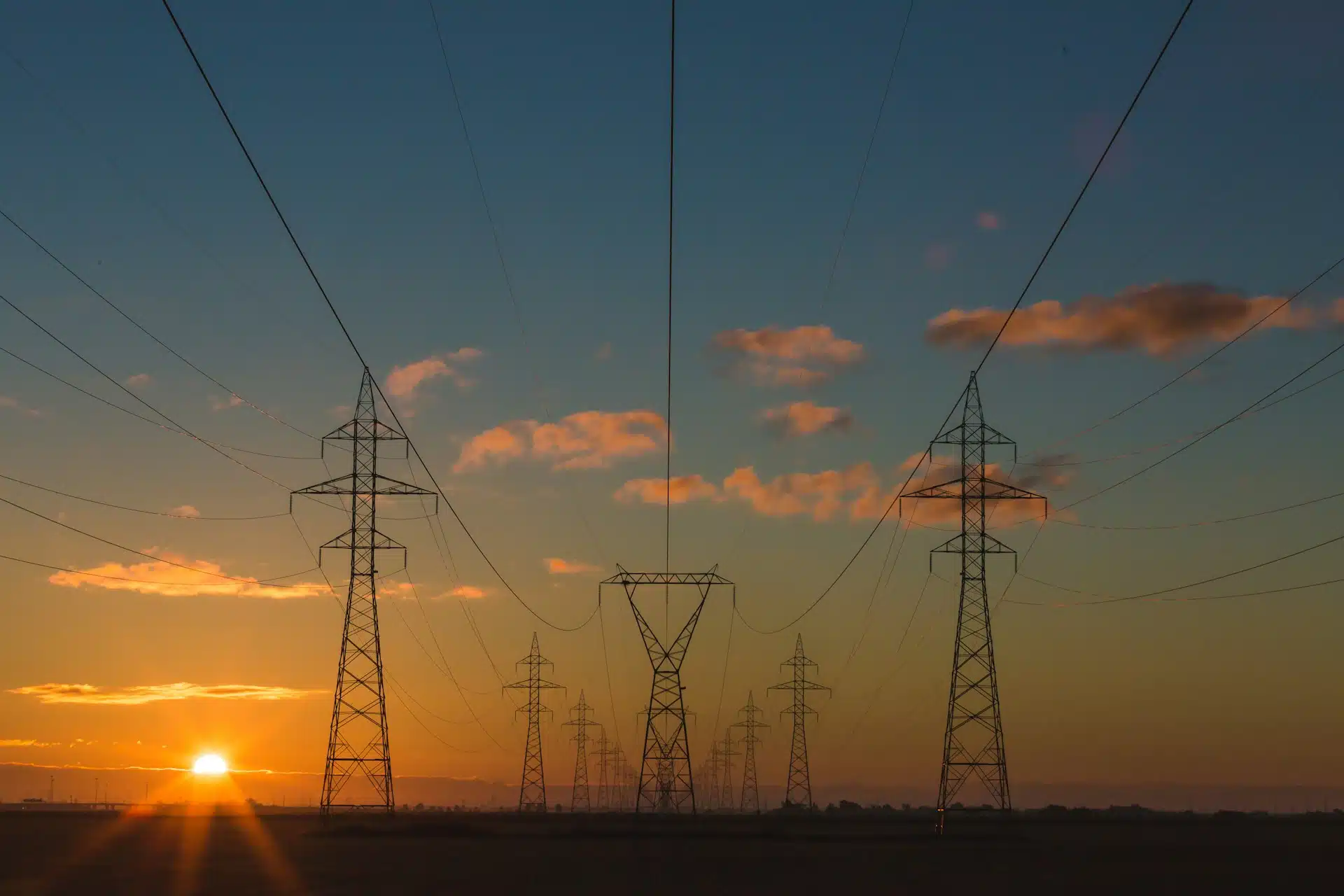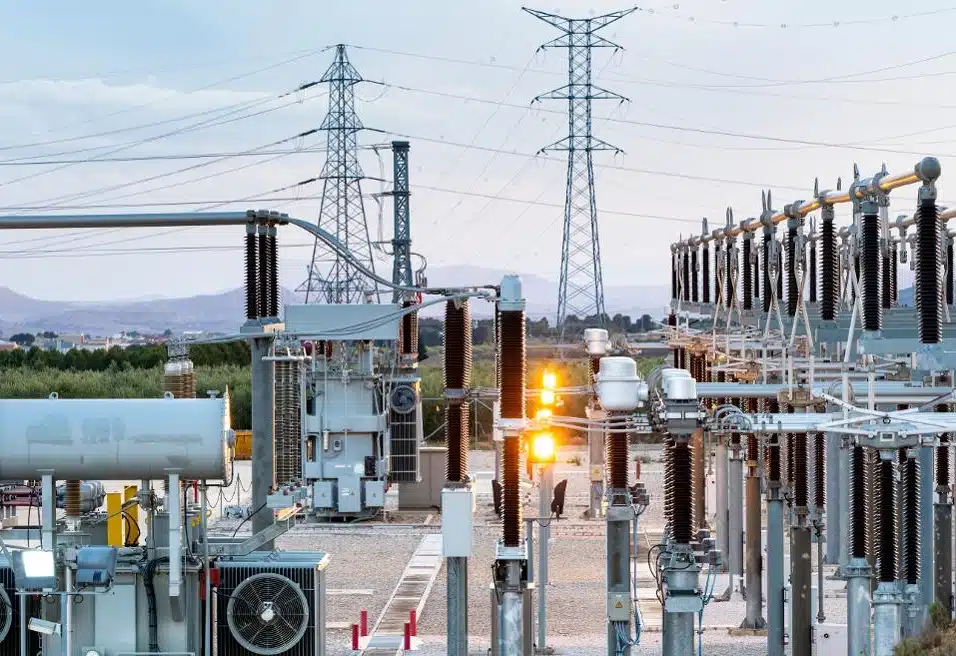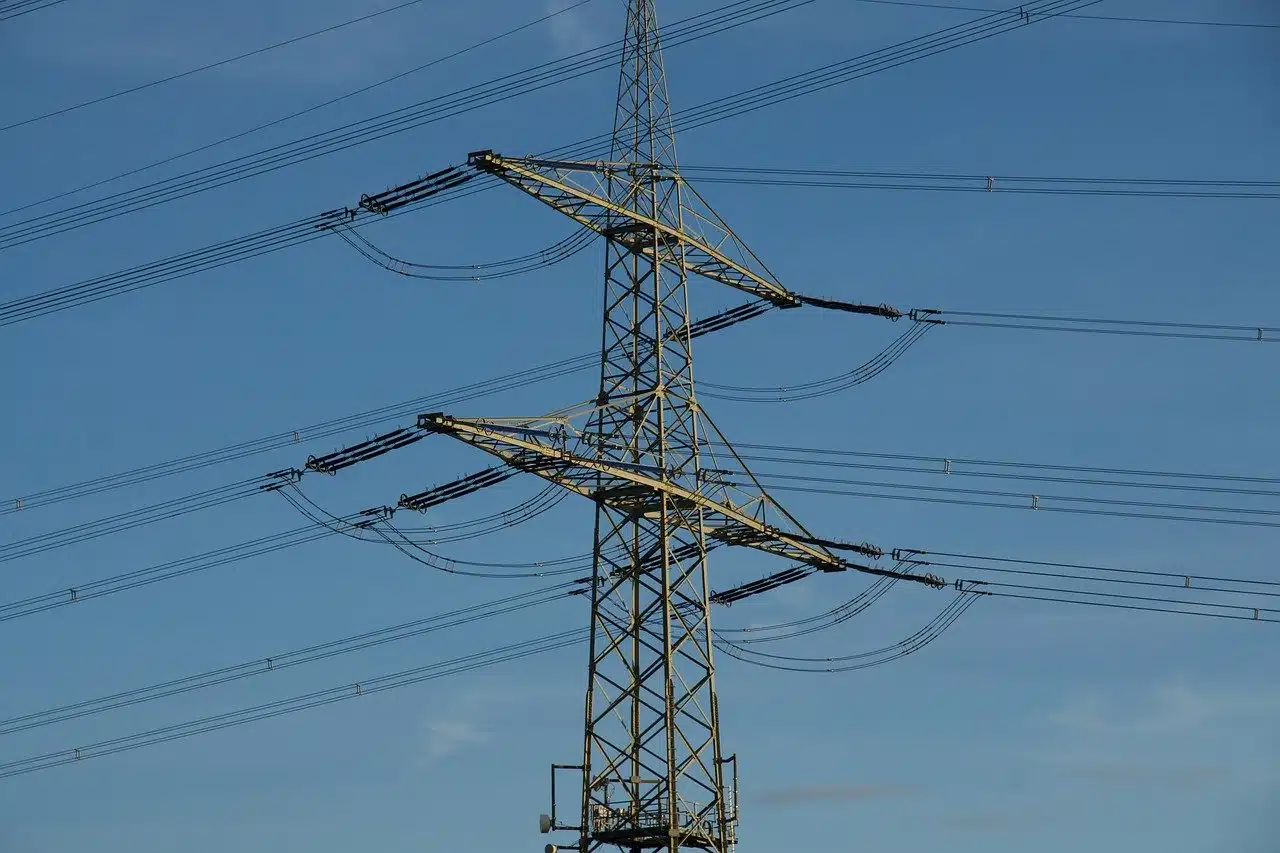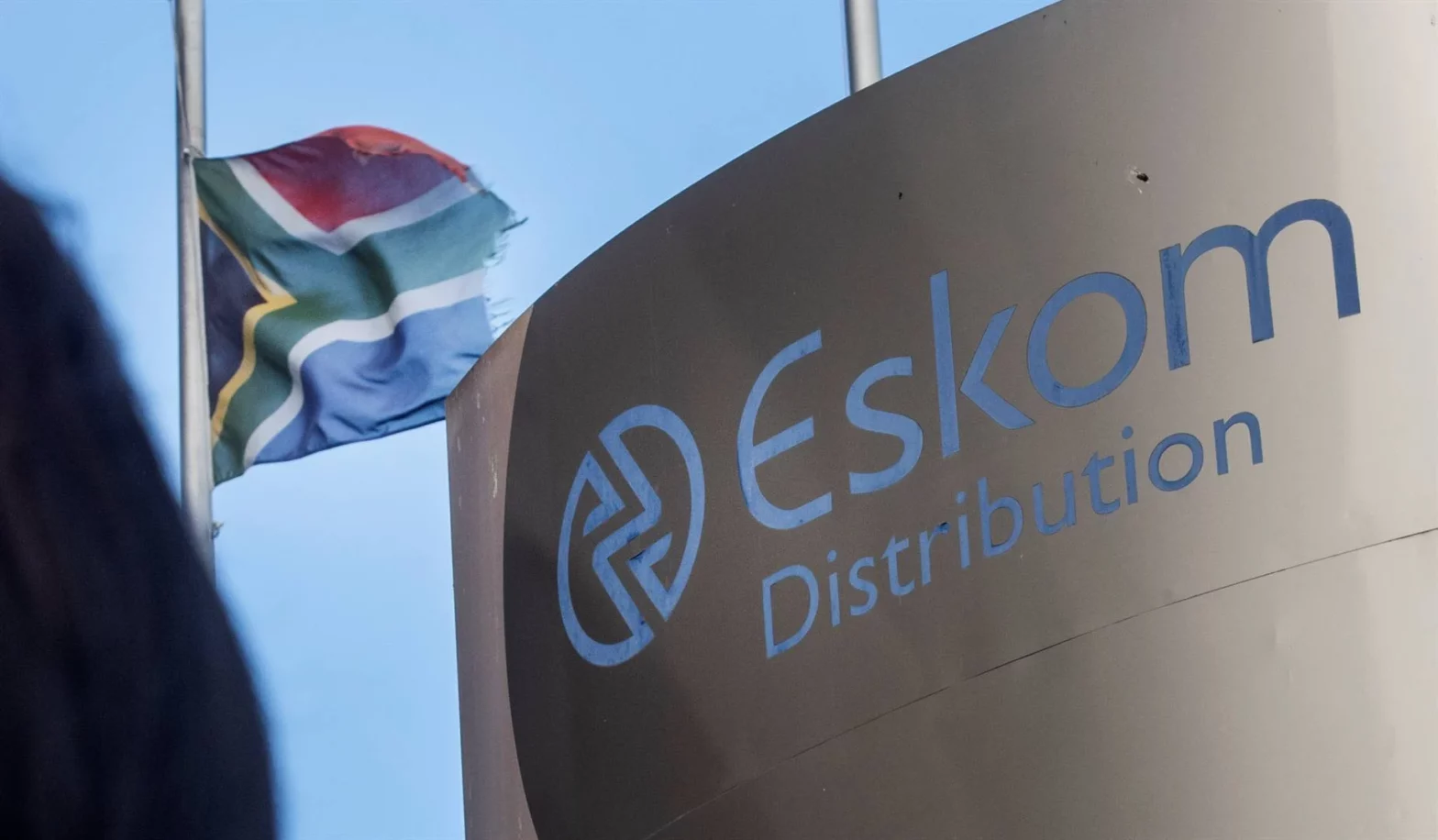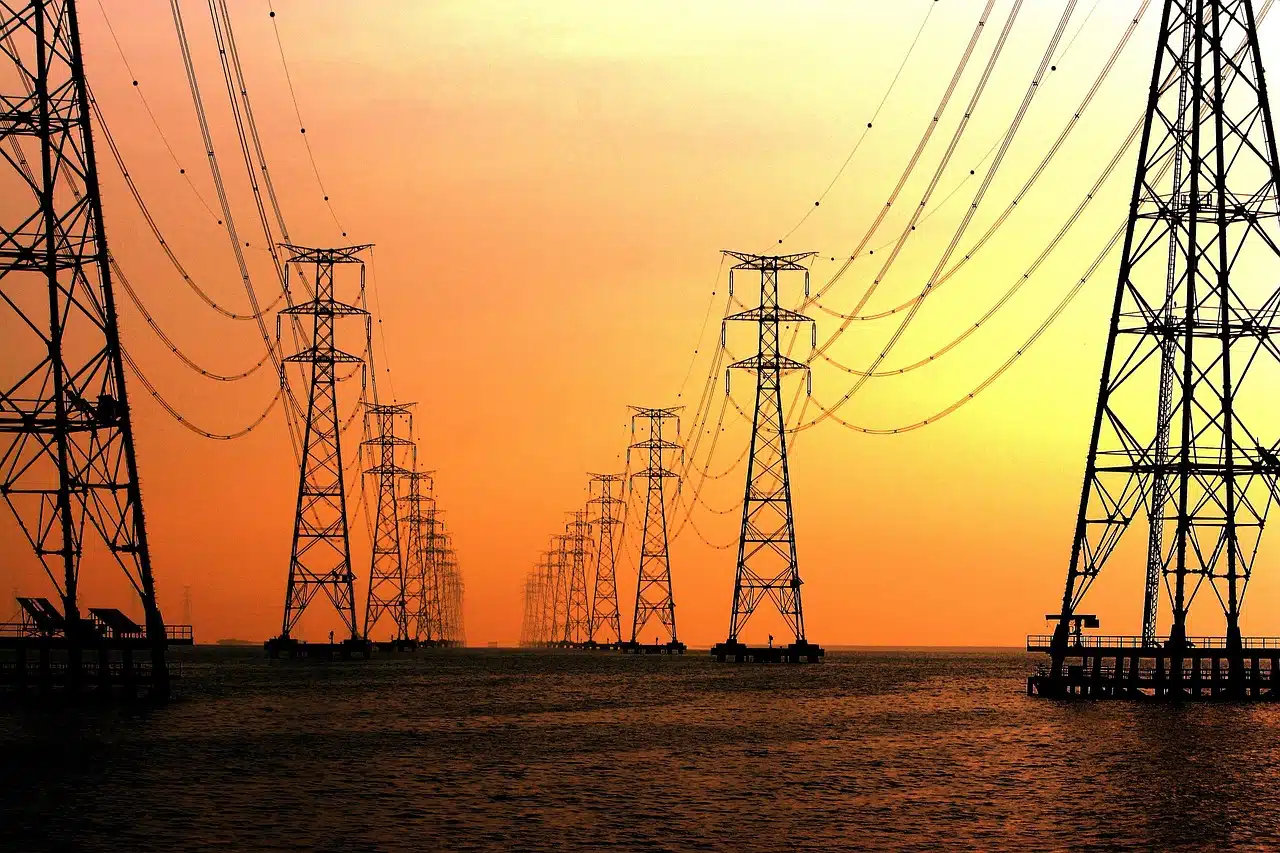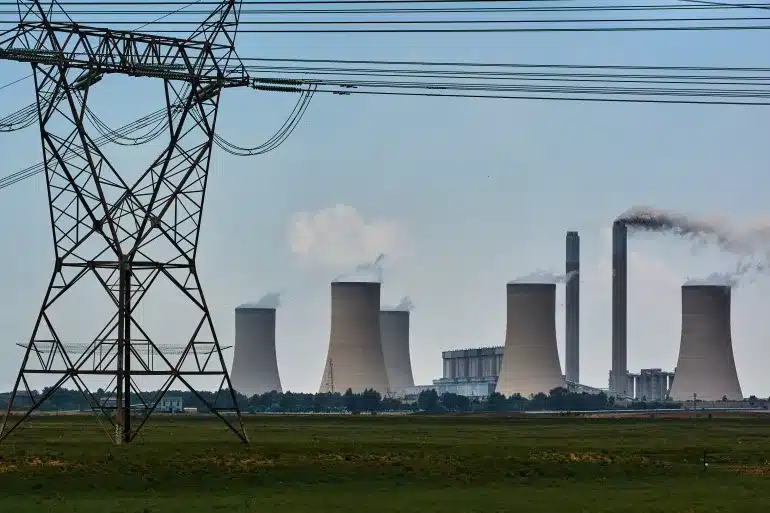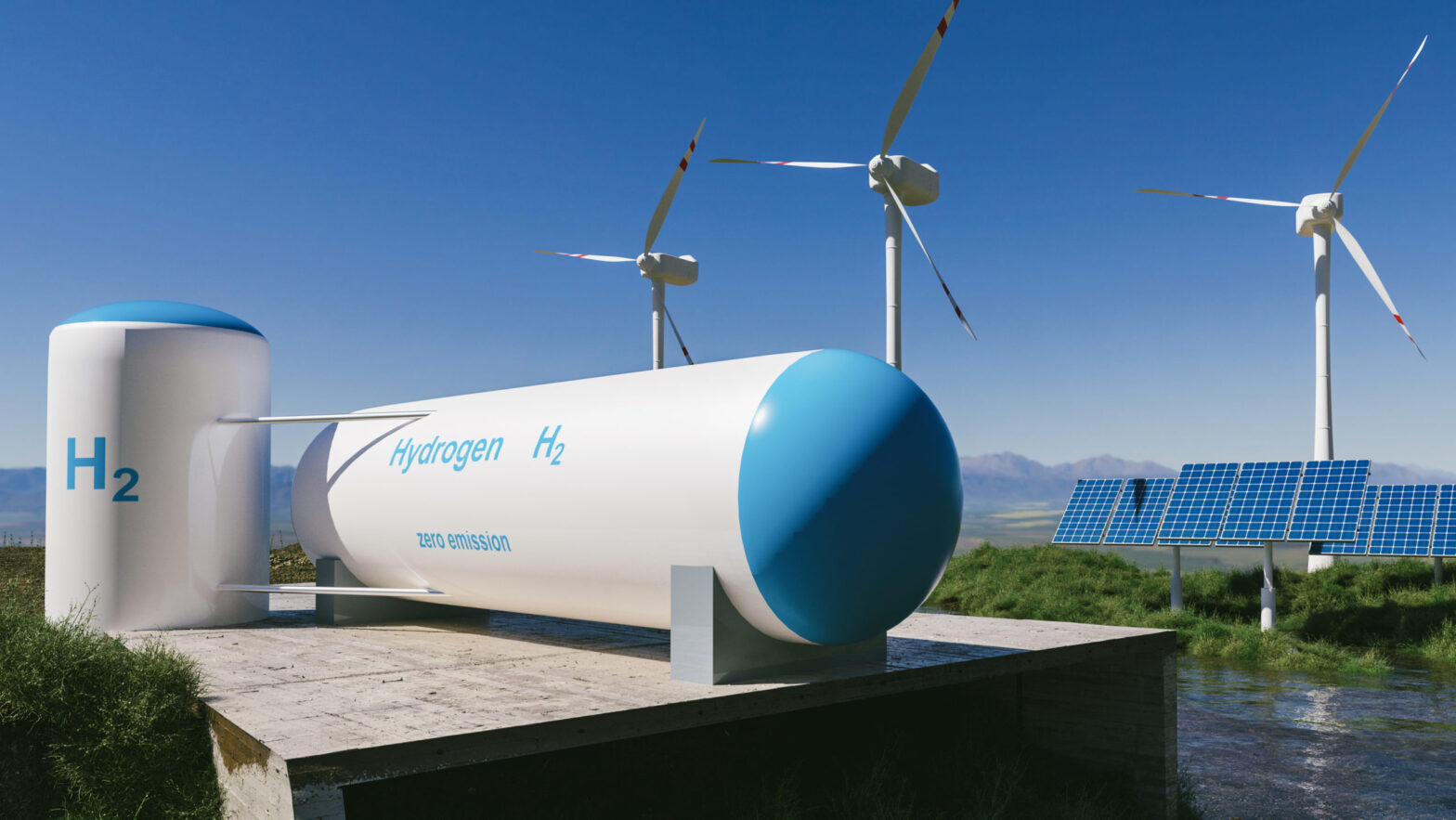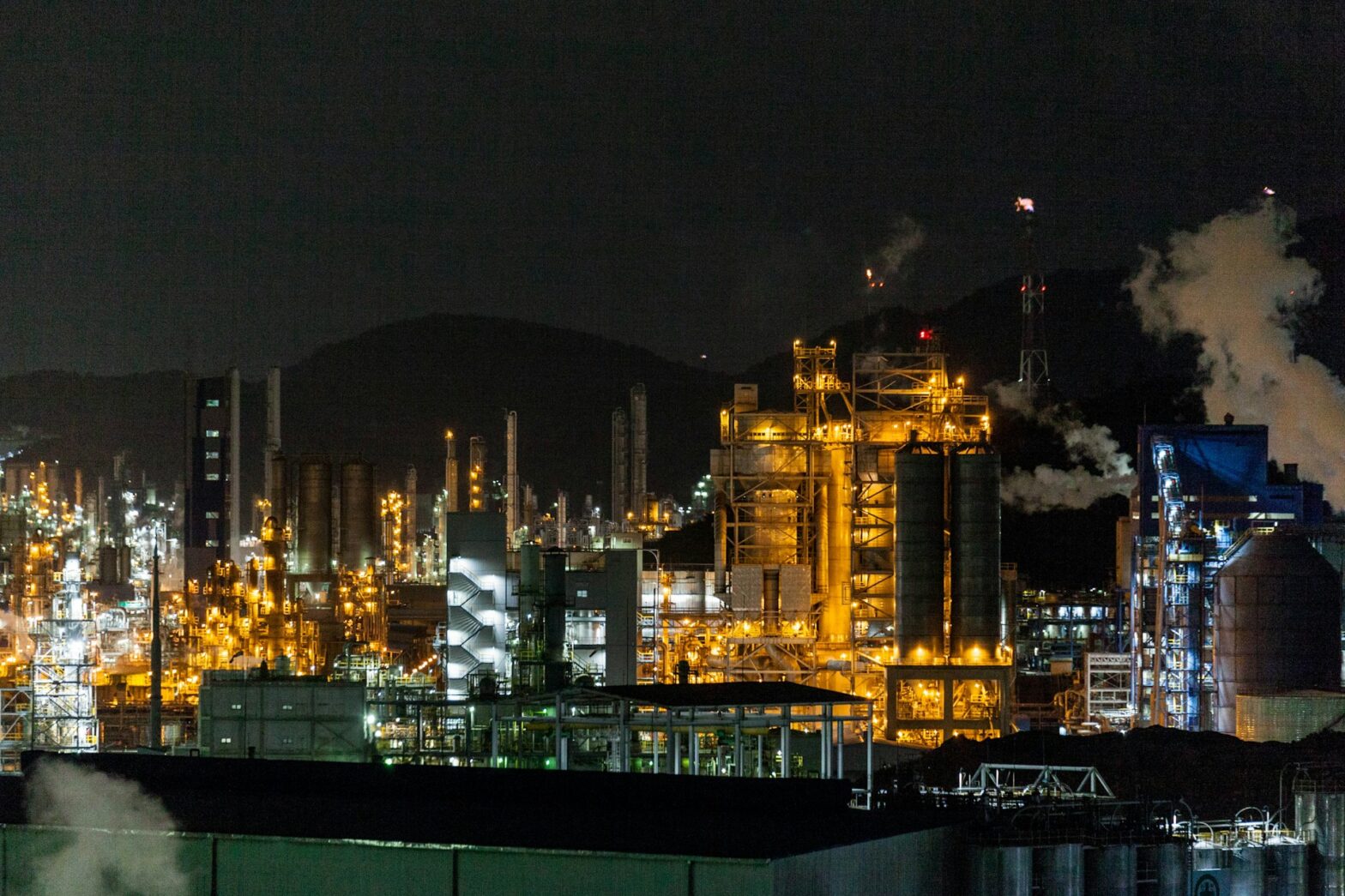The Republic of the Congo has launched a $100 million Electricity Services Improvement Project (PASEL), aimed at enhancing the performance of the country’s electricity network.
The project, funded by the World Bank, aims to bolster the performance of Congo’s national utility, Energie électrique du Congo.
Speaking at the launch of the project, Congo’s Minister of Energy and Hydraulics, Emile Ouosso, acknowledged that the electricity sector is in difficulty, but said that PASEL was set up to solve the problem.
“The electricity sector in Congo faces numerous challenges, with governance characterized by obsolete and poorly maintained infrastructure, resulting in citizens’ still very limited and illegal access to energy. PASEL was designed to address these weaknesses as a concrete, structured, and targeted response.
“With funding of$100 million, it aims to rehabilitate and strengthen the Pointe-Noire-Brazzaville high-voltage line, which, due to its difficulties, is preventing 200 megawatts from reaching Brazzaville,” Minister Ouosso said.
The project aligns with Congo’s plan to enhance electricity access for its six million citizens.
Moreover, Congo’s power generation has increased following its decision to bring its 484MW GT1 turbine back online to feed the electricity grid.
What you should know about the project
The project will be implemented in three phases with Phase One involving the upgrade of the 220 kV high-voltage electricity transmission line between Pointe and Brazzaville.
Also, there will be an installation of statics in three transmission substations along the line.
As part of the first phase, the 220 KV substations in Ngoyo, Pointe-Noire, and Mbouono, in Brazzaville will undergo renovation and modernization, as well as the replacement of insulators between the Ngoyo and Mboundi substations.
The project will also include the rehabilitation of 130 km of three sections of 220 KV high-voltage line as well as the modernization of the Scada automation system to overcome its current deficiencies and limitations.
This phase will also focus on modernizing the automation systems of the northern transport stations in order to optimize their operation and control.
For the second phase of the project, the operational performance of the electricity distribution system will be improved.
This will involve ensuring a sustainable reduction in non-technical losses in energy supply by increasing the number of service connections and supporting improvements in the quality of service and losses in the distribution network.
To achieve this, Congo plans to introduce a revenue protection program to monitor the consumption of the 26,000 largest customers, who represent approximately 60% of sales and revenues, through a metering infrastructure.
This project phase will also involve the supply and installation of 120,000 smart meters for private and public customers.
The third phase of PASEL will deal with supporting the proper implementation of the sector reform, strengthening planning capacity, carrying out diagnostic studies for the water sector as well as technical assistance and institutional support to the supervisory ministry.

